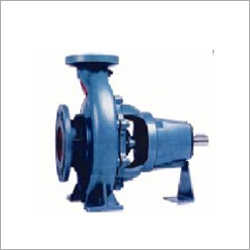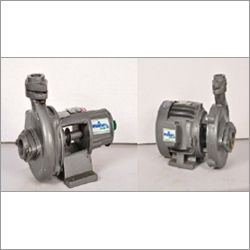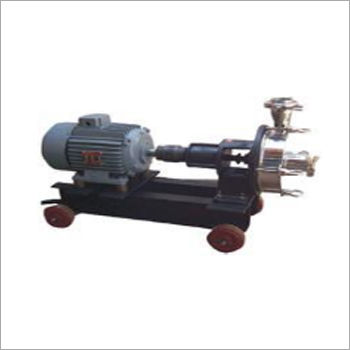
Industrial Centrifugal Pumps
उत्पाद विवरण:
X
औद्योगिक केन्द्रापसारक पंप्स मूल्य और मात्रा
- 1
- यूनिट/यूनिट
- यूनिट/यूनिट
- आईएनआर
औद्योगिक केन्द्रापसारक पंप्स व्यापार सूचना
- कैश अगेंस्ट डिलीवरी (CAD) कैश ऑन डिलीवरी (COD) कैश इन एडवांस (CID) चेक कैश एडवांस (CA)
- 10 प्रति दिन
- 7-30 दिन
- Yes
- नमूना लागत, शिपिंग और करों का भुगतान खरीदार द्वारा किया जाना है
- ऑस्ट्रेलिया दक्षिण अमेरिका पश्चिमी यूरोप मिडल ईस्ट मध्य अमेरिका अफ्रीका एशिया पूर्वी यूरोप उत्तरी अमेरिका
- ऑल इंडिया
उत्पाद विवरण
एक केन्द्रापसारक पंप एक प्रकार का मशीन है जिसका उपयोग तरल पदार्थ में गतिज ऊर्जा में यांत्रिक ऊर्जा को गतिविधियों में गतिविधियों में परिवर्तित करके तरल पदार्थों में गतिविधियों में परिवर्तित करने के लिए किया जाता है।
Tell us about your requirement

Price: Â
Quantity
Select Unit
- 50
- 100
- 200
- 250
- 500
- 1000+
Additional detail
मोबाइल number
Email







 जांच भेजें
जांच भेजें एसएमएस भेजें
एसएमएस भेजें
